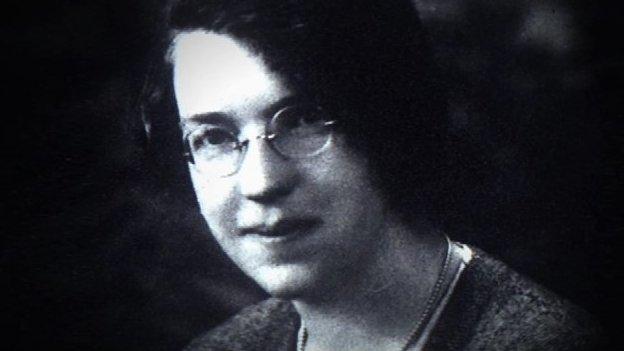Jane Haining: Scot who died at Auschwitz recalled by former pupil
- Published
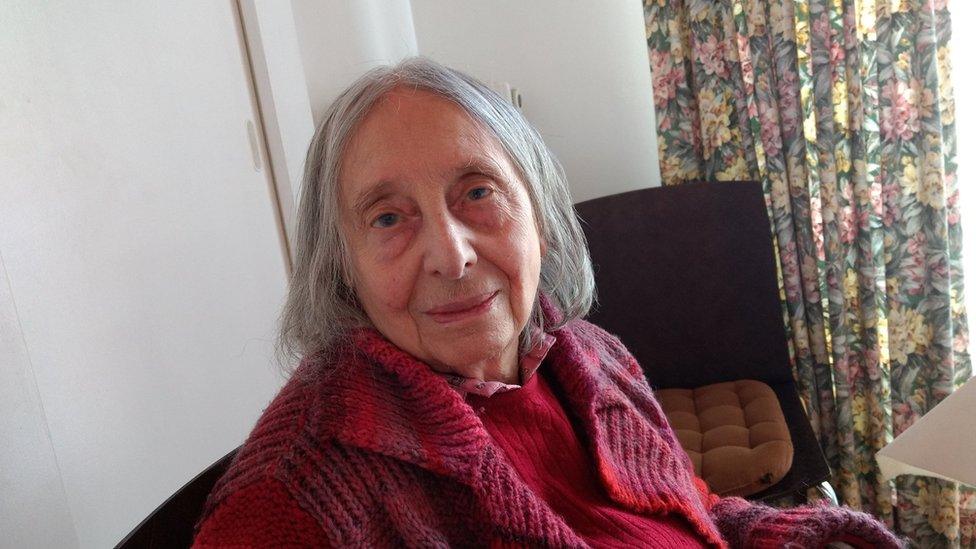
Magda Birraux said Jane Haining had been "wonderful" and looked after the girls "very well"
A 96-year-old former pupil of a Scots missionary who died in Auschwitz has shared her memories of her "second mother".
It comes shortly after the 120th anniversary of Jane Haining's birth in Dunscore in June 1897.
Magda Birraux attended the Scottish Mission boarding school in Budapest, Hungary between 1933 and 1939.
Ms Haining was arrested by the Nazis while looking after Jewish girls at the school and died in Auschwitz in 1944.
Ms Birraux said: "She was wonderful and looked after all of us very well, morning and night.
"She was even-tempered, tall, strict but fair and always set a good example.
"Miss Haining had a very good sense of justice and always treated the pupils (Jews and Christians) equally."
Ms Birraux, the daughter of small business owners, enrolled as a boarder when she was 12.
She said the matron was a highly competent financial manager who arranged weekend excursions for "her" girls for "no extra charge".
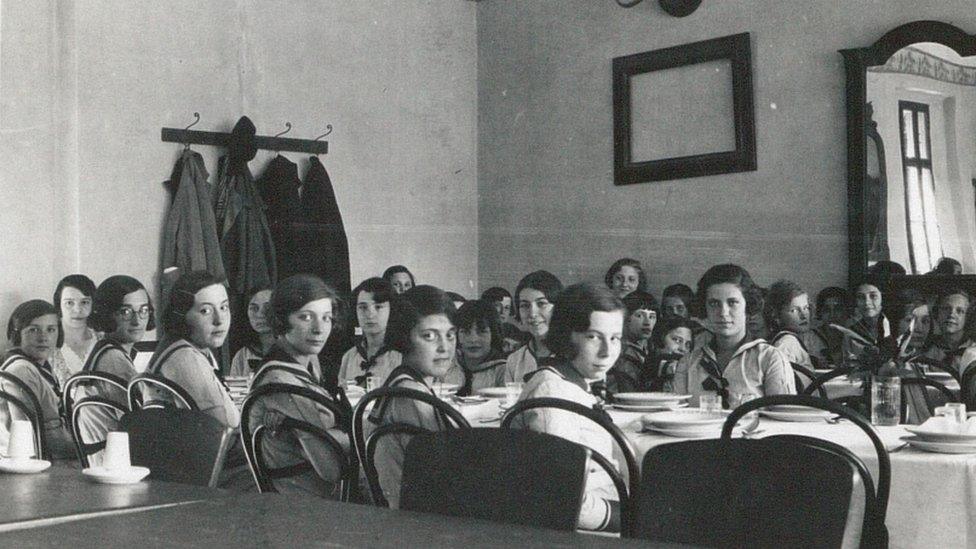
The Scots missionary refused to leave the school to return to safety in her homeland
Ms Birraux, a Hungarian-Christian, said: "No girl was ever dismissed on account of her parents being unable to afford fees.
"Miss Haining kept uniforms which girls had outgrown and gave them to less well-off parents."
The former pupil, who now lives in Lausanne, Switzerland and attends the Scots Kirk, said the boarding house was run independently from the school, which had 12 teachers.
"The pupils were taught secretarial skills, English, German and Hungarian," she recalled.
"We went skating in the winter, to gymnastics lessons, museums and to the cinema to watch films starring Deanna Durbin, Shirley Temple and Judy Garland.
"Miss Haining took us for long walks in the woods and to tearooms for tea and cookies.
"She paid for everything."
Ms Birraux said Jewish children in Budapest were discriminated against from 1933 but the matron, who started working at the school in 1932, made sure that the girls in her charge "were not affected".
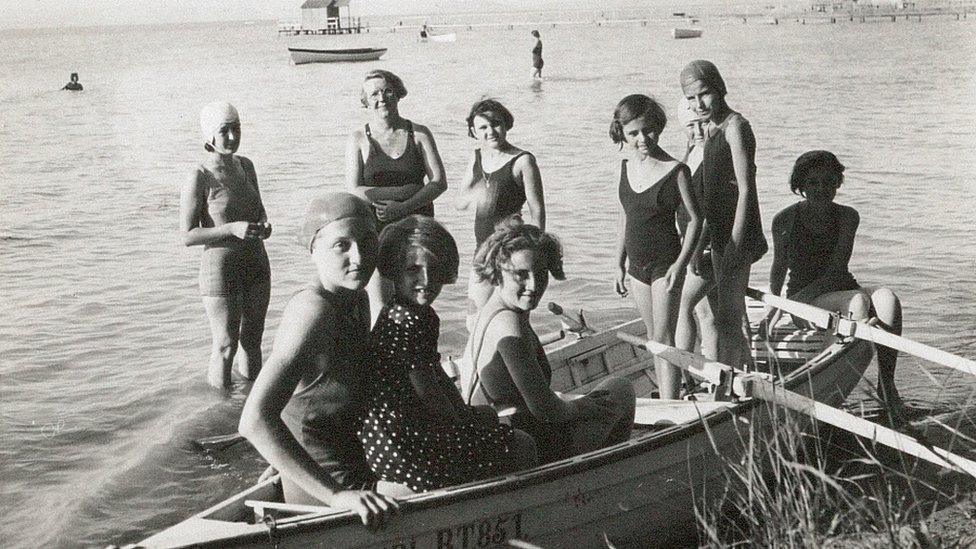
Ms Birraux said Ms Haining gave her pupils "all the love that she could"
"She loved these girls very much and was like a second mother to them," she added.
"Many of them were separated from their parents and so Miss Haining wanted to give them all the love that she could."
Ms Birraux recalled that boarders rose at 06:30 and had to bathe in cold water to save the school money.
"Lessons began at 8am and the first one was Biblical Knowledge," she said.
"Miss Haining always said grace before each meal.
"And when we had lunch at 12.30pm, she would examine our hands and nails before we ate to ensure they were clean."
'Days of darkness'
The Church of Scotland advised missionaries to return home from Europe during World War Two.
But Ms Haining repeatedly refused and wrote: "If these children need me in days of sunshine, how much more do they need me in days of darkness".
Ms Birraux said she remembered the day she heard a minister at the school arguing with Ms Haining over her determination to stay in Budapest.
"We had a minister called Mr Knight (Rev George AF Knight) and he lived in the house with his wife and child before the war broke out," she recalled.
"He told Miss Haining that he was joining the Army as a chaplain and asked her to give up her job, leave everything to the school governess, and return to Scotland with him.
"We overheard that because our dormitory was beside Miss Haining's office and rooms.
"He talked very loudly and was angry that Miss Haining appeared not to understand that soon the war would break out.
"He told her 'you are in danger, you are an alien'.
"But she said: 'I have to stay here because the governess would not be able to manage'."
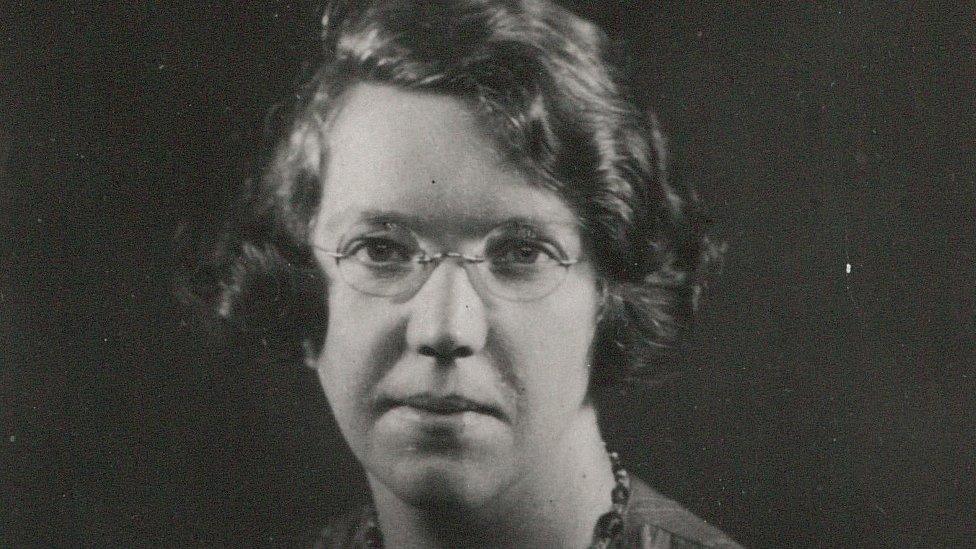
Ms Haining did not allow newspapers in the boarding house to protect pupils from the horrors of the outside world.
She cried with the girls when she sewed yellow stars, bearing the word Jude, onto their school uniforms.
Hungary was an ally of Germany during the early years of World War Two but relations soured and the Nazis occupied the country in 1944.
Ms Birraux surmised that the Hungarian authorities left Ms Haining and the other teachers at the Scottish Mission School in peace until that year because many of the girls' fathers were members of the ruling political party.
'Protect the girls'
The matron managed to keep the children safe for four years of hardship. Clothing with yellow stars attached was never worn in the school.
It is said that she went to a market at 05:00 most days to buy food for the girls and cut up her leather luggage to make soles for their worn out shoes.
Ms Haining was eventually betrayed and reported to the Nazis by the cook's son-in-law whom she caught eating scarce food intended for the girls.
Ms Birraux said: "She sacrificed her own life to protect the girls because if she left and returned to Scotland she would have been safe."
The missionary from Dumfriesshire is the only Scot to be officially honoured at the Yad Vashem memorial in Israel for giving her life to help protect Jews during the Holocaust.
- Published16 January 2017
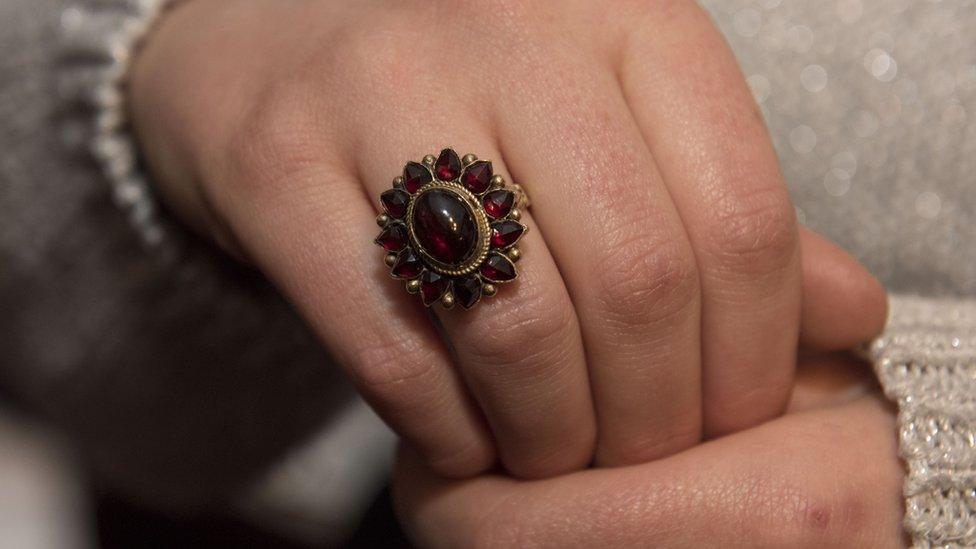
- Published14 January 2017
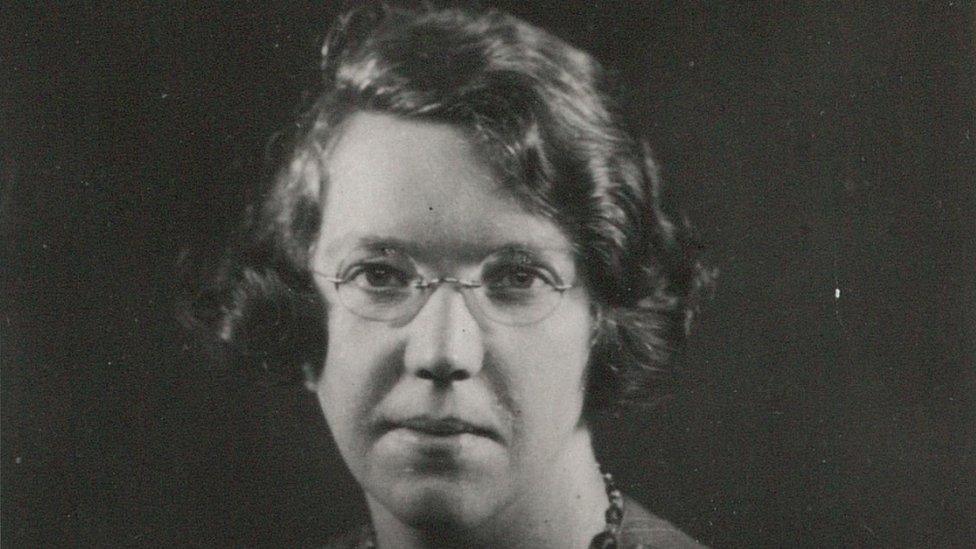
- Published19 November 2016
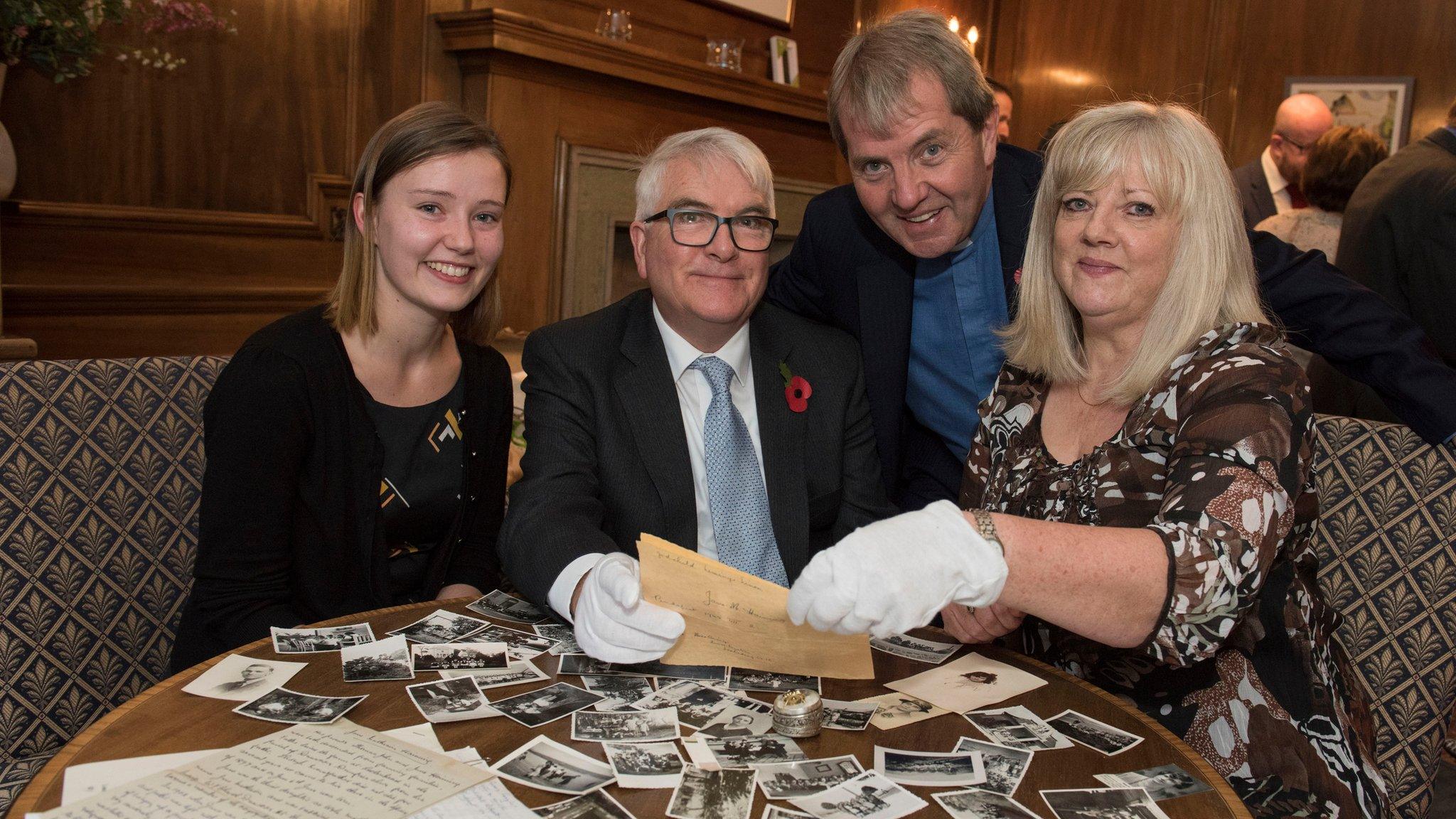
- Published30 November 2014
